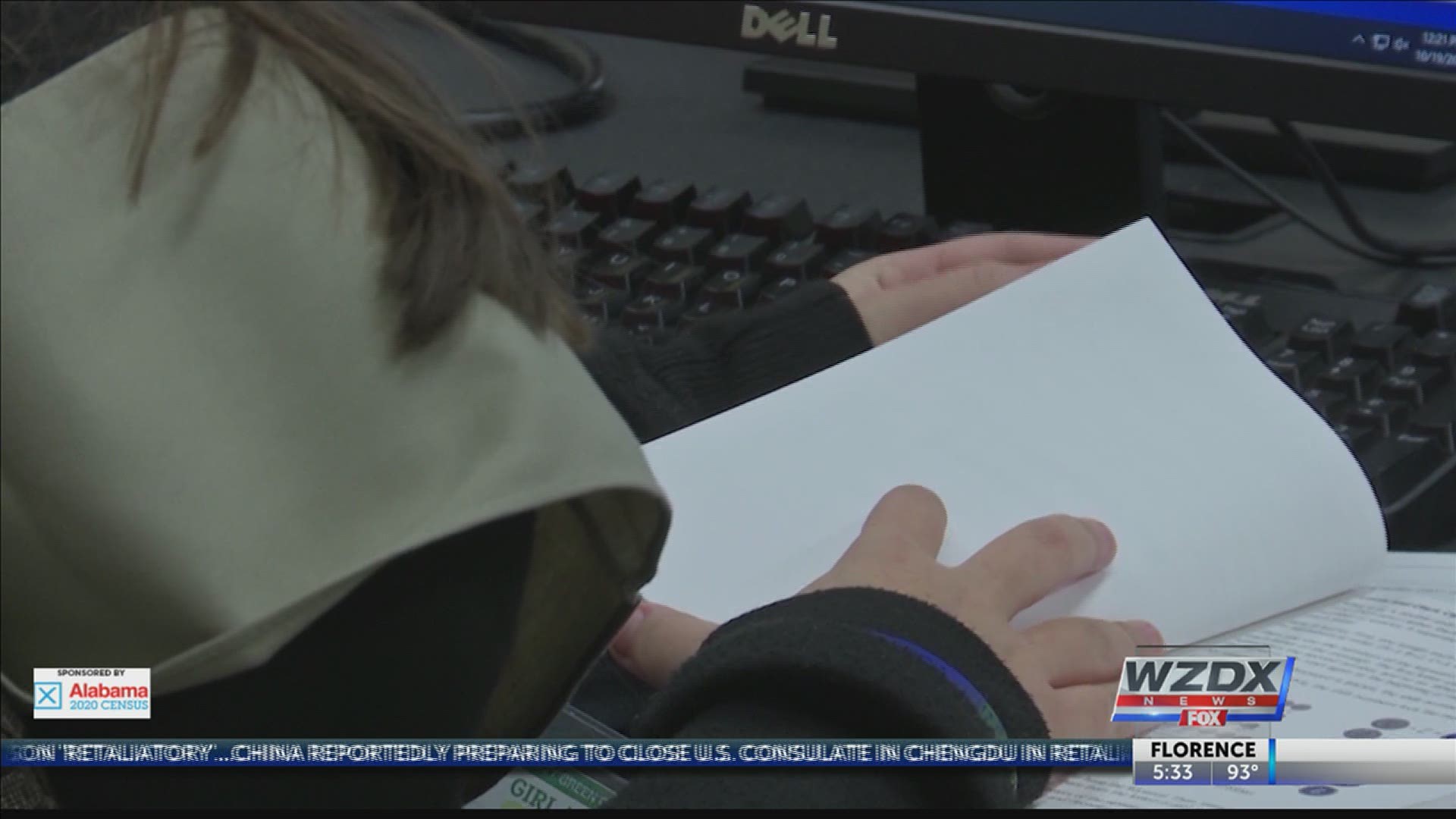HUNTSVILLE, Ala. — The pandemic has changed the way kids will learn this school year.
Many students will be spending a lot more time on their computers, which means they're more likely to run into cyber threats.
Unisys Chief Information Security Officer Mat Newfield said, "I don't want to come across with FUD, fear, uncertainty, and doubt and overly scare people, but you need to pay attention as a parent, especially now when kids are really home a lot. What are their online activities? What are they doing?"
It's much easier for adults to spot a scam or know if it's safe to download software.
"A lot of children get targeted via their social media," said Newfield. "They can be a little more trusting and a little more susceptible to that kind of an influence."
If you're unable to fully supervise your kids while they're doing school work, you can invest in "nanny software" that helps monitor what they're doing. Newfield says this software can be used as a lesson to teach kids what websites are or are not appropriate.
When using lap tops, tablets, and phones, help your child separate work and play.
"If you are able to get and provide your child a personal computer that's not given by the school, I think one of the first things you need to explain to that individual is this is your work system. This is not your play system and you need to use it for school," said Newfield.
Be sure to talk with your kids about cyber safety and help them understand the dangers that can come with being on the web. Don't be afraid to ask them if they've come across anything out of the ordinary online.
Newfield says it's important to build trust so that if your child is concerned about something they see on the internet, they can ask you without fear of reprisal.
WATCH: Cyber security expert talks cyber safety when working from home

